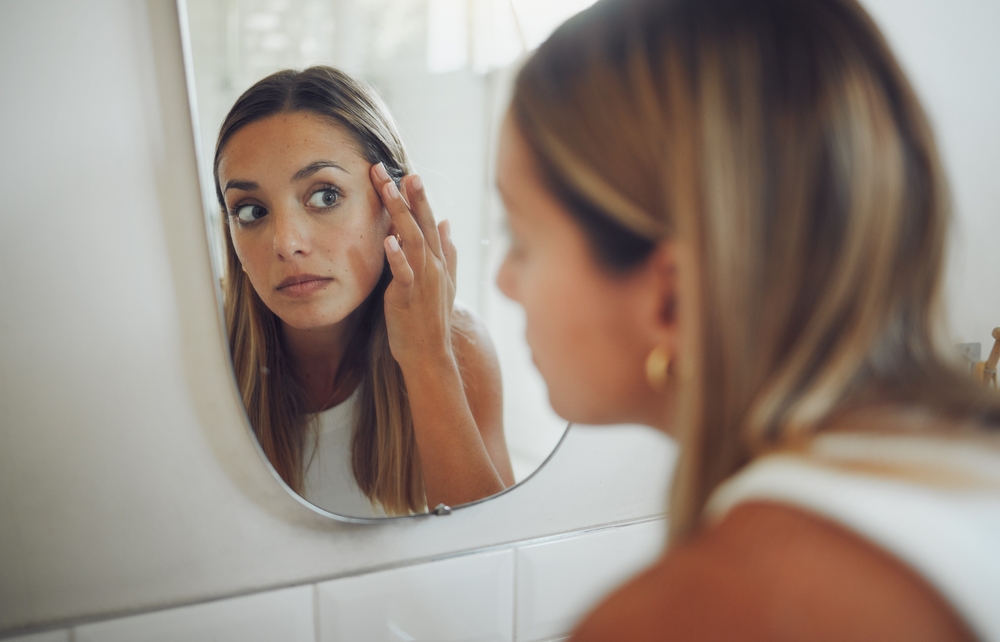Hyperpigmentation is a common skin challenge, manifesting as dark spots due to various factors such as UV exposure, hormonal imbalances, and aging. Exploring professional treatments and natural remedies, as well as the importance of a skincare routine, this guide offers practical solutions for achieving a more even complexion.

Understanding Hyperpigmentation
Hyperpigmentation occurs when certain areas of the skin produce more melanin than usual, causing those areas to appear darker than the surrounding skin. Melanin is the pigment responsible for the color of your skin, hair, and eyes. There are several types of hyperpigmentation, including sunspots, melasma, and post-inflammatory hyperpigmentation, often resulting from acne. Understanding the cause of your dark spots is crucial in selecting the right treatment. For more details, you can refer to this Harvard Health article.
Topical Treatments for Dark Spots
Topical treatments are often the first line of defense against hyperpigmentation. They are widely accessible and include both over-the-counter and prescription products. Some of the most effective ingredients include:
- Hydroquinone: This bleaching agent is considered the gold standard for fading dark spots. It works by inhibiting the enzyme responsible for melanin production.
- Retinoids: Derived from vitamin A, retinoids promote cell turnover, helping fade dark spots over time. They also support collagen production, improving skin texture.
- Vitamin C: As a powerful antioxidant, vitamin C helps lighten hyperpigmentation by slowing melanin production. It's often used in serums and creams.
- Niacinamide: Also known as vitamin B3, niacinamide reduces the transfer of melanosomes (pigment-containing cells) to skin cells, brightening skin tone.
- Kojic Acid: Sourced from fungi, kojic acid inhibits melanin production, making it effective for treating dark spots.
To learn more about these options, consider visiting Natura Dermatology.
Natural Remedies for Hyperpigmentation
For those seeking a more holistic approach, several natural remedies can help fade dark spots. While they may be gentler and take longer to show results, many individuals find them effective:
- Aloe Vera: Known for its soothing properties, aloe vera can help lighten pigmentation with regular use thanks to its compound aloesin, which inhibits melanin production.
- Licorice Extract: This extract contains glabridin, which helps inhibit pigmentation by stopping melanin production.
- Mulberry Extract: Enriched with arbutin, mulberry extract has skin-lightening properties that help reduce pigmentation.
- Green Tea Extract: Rich in antioxidants, green tea helps in reducing pigmentation and rejuvenating the skin.
For more holistic options, check out Vinmec’s article on home remedies.
Professional Treatments
When over-the-counter products and natural remedies don’t work as effectively as desired, professional treatments carried out by dermatologists can offer more significant results:
- Chemical Peels: These treatments use acids like glycolic acid and trichloroacetic acid to exfoliate the skin and promote the shedding of darkly pigmented cells.
- Microdermabrasion: This minimally invasive procedure exfoliates the upper layer of your skin to encourage cell turnover and can help lighten dark spots.
- Laser Therapy: Targeted laser treatments can break down melanin deposits in the skin, reducing the appearance of dark spots.
- Intense Pulsed Light (IPL): Similar to laser treatments, IPL uses broad-spectrum light to reduce pigmentation and improve overall skin tone.
Before opting for any professional treatment, it’s essential to consult a certified dermatologist to ensure the chosen method is suitable for your skin type. For insights on choosing treatments, visit Musely.
Preventing Future Hyperpigmentation
While treating existing dark spots is important, preventing new ones is equally crucial. Here are some proactive measures you can take to protect your skin from future hyperpigmentation:
- Sunscreen: Regular application of broad-spectrum sunscreen with at least SPF 30 is crucial in preventing sun-induced dark spots.
- Avoid Picking: Don’t pick at acne or scabs, as this can lead to post-inflammatory hyperpigmentation.
- Hydration: Keep your skin well-moisturized and hydrated to maintain a healthy skin barrier.
- Avoid Harsh Products: Use gentle skincare products to prevent irritation and inflammation, which might lead to dark spots.
More preventive measures and tips can be found in this Everyday Health article.
In conclusion, whether opting for topical treatments, natural remedies, or professional interventions, understanding the underlying causes of your hyperpigmentation is key to choosing the most effective strategy. Remember that consistency and patience are essential when dealing with hyperpigmentation, and visible results may take time. Always consult with a skincare professional if in doubt, and prioritize preventive measures to keep your skin tone even and radiant.




